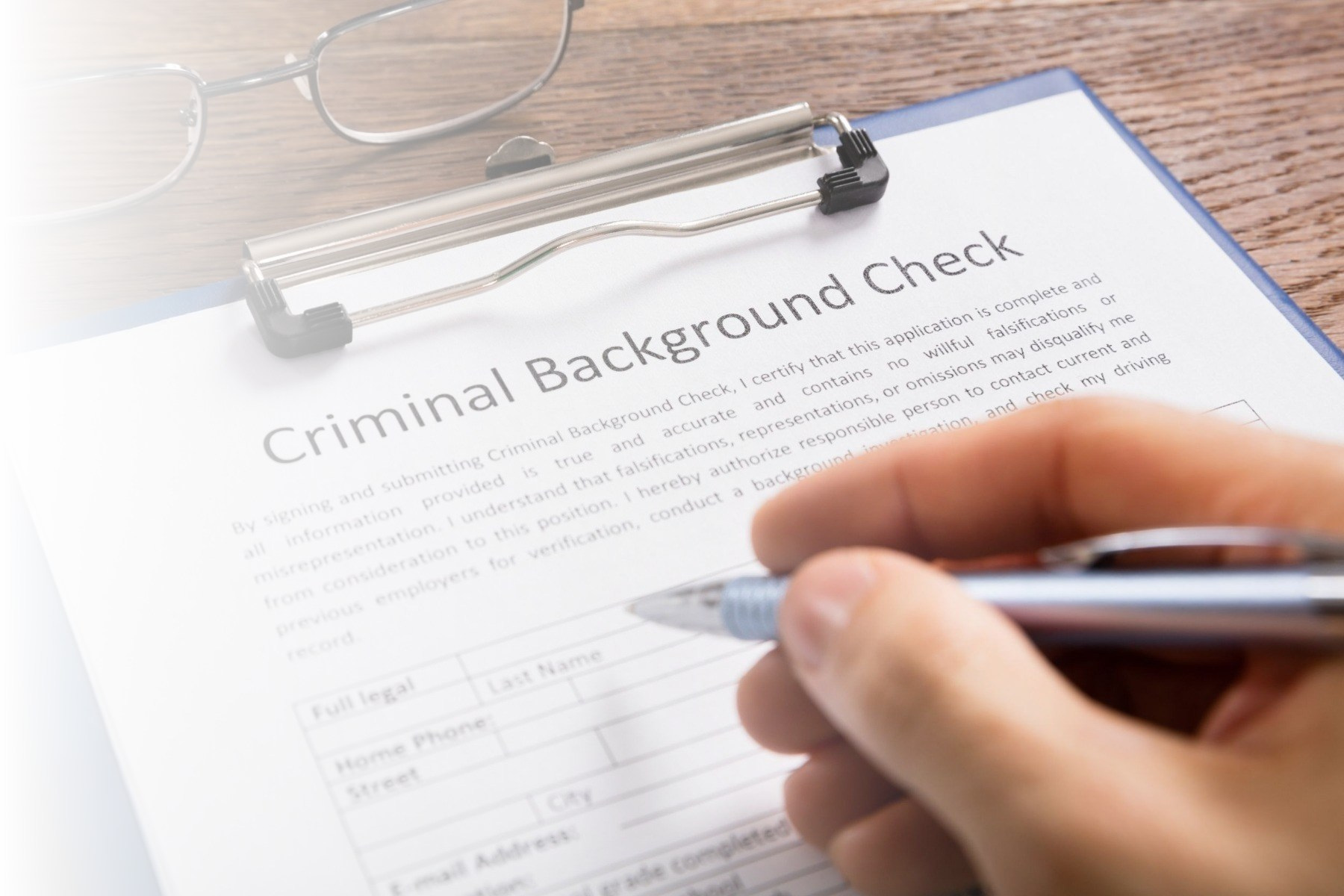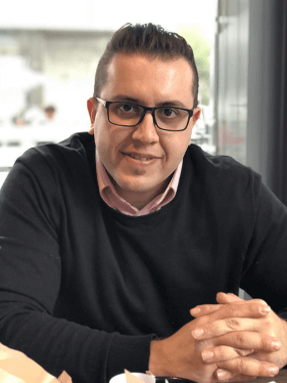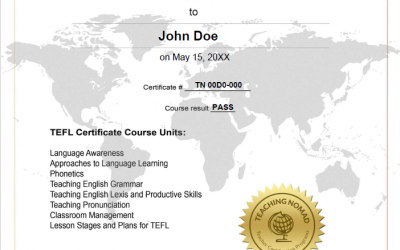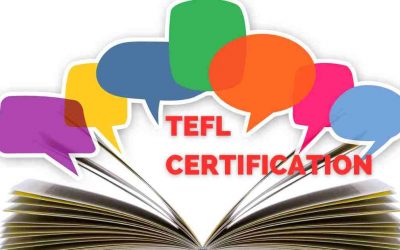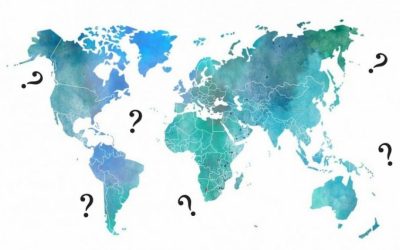Earn your U.S. state teaching license today!
It’s a 9-month online course that gives you the flexibility to take the next step in your teaching career from anywhere in the world.
Qualify for high-paying jobs at international schools
Earn your U.S. teaching certificate in as little as 9 months with Moreland University. The TEACH-NOW Teacher Preparation Certificate Program is fully accredited and 100% online. You’ll get practical coursework, supportive mentors, clinical learning, and test prep for certification exams.
Moreland also offers online master’s degrees, with specializations in early childhood, special education, educational technology, and more.
Benefits of the program
Through the Moreland University teacher preparation program, you can work towards earning a U.S. Washington DC or Arizona State teaching license! This Teacher Preparation Program is ideal for teachers currently abroad and either want to get qualified to in the US or to qualify for international school teaching positions. The coursework is easily combined with a full-time teaching job and will enable you to practice what you learn directly in your classroom. 9 months from now you could be eligible for a Washington D.C. or Arizona State teaching license.
Requirements
- Bachelor’s degree or higher
- Minimum GPA of 3.0 or 2 years teaching experience
- Mastery of the subject to be taught
- Demonstrated effective writing skills
- Passion and enthusiasm for helping young people learn, grow, and develop
Curriculum
- Program Orientation
- The Culture of Schooling
- The Learner & Learning in the Digital Age
- Managing the Learning Environment
- Planning & Preparation for Learning
- Student Assessments
- Introduction to Clinical Practice
- Teaching Practice and Proficiency (clinical)
Earn your teaching license from anywhere in the world
The Moreland University program provides a unique teaching model. Instead of enrolling in several different courses each semester, candidates complete a series of intense, comprehensive modules of different lengths, taken in sequence. The program is project and activity-based, and through its collaborative learning model participant learning takes place in mandatory virtual class sessions with 10 -15 candidates in the learning cohort and the instructor.
Each module is divided into units, and each unit is one week long. Participants have to commit an average of 15-25 hours to the course each week, completing coursework, collaborative projects, and clinical activities. The online platform provides a safe environment to practice what you have learned. Instructors provide encouraging feedback and support throughout the course.
The Teacher Preparation program consists of the following eight modules that can be completed over nine months (40 weeks):
1. Program Orientation
2. The Culture of Schooling
3. The Learner & Learning in the Digital Age
4. Managing the Learning Environment
5. Planning & Preparation for Learning
6. Student Assessments
7. Introduction to Clinical Practice
8. Teacher Practice and Proficiency (clinical)
Master’s in Education Degree with Teacher Preparation
For individuals seeking both a teaching license and a Master’s in Education degree: the first 9 months of your program would be the curriculum currently offered in the Teacher Preparation Program, followed by 3 months of additional coursework including a focus on Research or Globalization of Education.
Each module is divided into one-week long units. Every week, you will be required to complete 3 to 4 projects or clinical activities that can require anywhere between 15 to 25 hours per week depending on the complexity and collaboration requirement of the weekly activities. The time required to prepare activities for submission is usually greater at the beginning of the program as you learn new digital tools.
The two Master’s in Education programs consist of the following 11 modules that are to be completed over the course of 12 months.
- Program Orientation
- The Culture of Schooling
- The Learner & Learning in the Digital Age
- Managing the Learning Environment
- Planning & Preparation for Learning
- Student Assessments
- Introduction to Clinical Practice
- Teaching Practice and Proficiency (clinical)
- Reading & Literacy
- Education Research
- Research Project
Master’s in Education with a focus on globalization and teacher preparation
- Program Orientation
- The Culture of Schooling
- The Learner & Learning in the Digital Age
- Managing the Learning Environment
- Planning & Preparation for Learning
- Student Assessments
- Introduction to Clinical Practice
- Teaching Practice and Proficiency (clinical)
- Globalization of Education
- International Mindedness
- International Project
Teaching license program availability:
States that approve Moreland as an out-of-state Educator Preparation Program (EPP)
- Arizona
- Florida
- Georgia
- North Carolina
- West Virginia
Moreland is not currently able to support educators in these states with their teacher certification journey.
- Alabama
- Illinois
- Kansas
- Kentucky
- New York
- South Carolina
- Texas
Reciprocation for states not listed
If you are seeking to be certified in another state, contact the state licensing agency directly. By virtue of the TEACH-NOW® Teacher Preparation Program being accredited by the Council for the Accreditation of Educator Preparation (CAEP), some states allow our graduates to apply directly for a teaching license; other states will issue a teaching license from their state if a person has obtained a teaching license from DC, West Virginia, or Arizona through reciprocity.
Reciprocity does not happen automatically; you need to go through the required steps by each state to attain a license through reciprocity.
Moreland can help educators in all other states get their teaching certification and thrive throughout their careers.
The Moreland University program offers affordable tuition for candidates seeking to complete our teacher preparation certificate program or their Master’s in Education degree. Payments are made directly to TEACH-NOW.
1. $6,950 for the Teacher Preparation Certificate Program – full payment upfront of $6,950 or interest free monthly payments across 9 months.
2. $14,000 for the Master’s in Education Degree with Teacher Preparation – full payment upfront of $14,000 or interest free monthly payments across 12 months.
3. $14,500 for the Master’s Degree with Globalization & Education Research Emphasis – full payment upfront of $14,500 or interest free monthly payments spread across 12 months.
The Application Process
- Complete the application online.
- The Moreland University admissions staff will review your completed application within a few days and contact you with the results.
- If accepted, you’ll speak with the enrollment coordinator to answer questions and choose an available start date!
Program Completion Requirements
- Achievement of a proficiency level of at least a 2.6 on a 4-point scale in the program
- Maximum of three missed submissions of the required activities across all of the modules
- Successfully completed at least 200 hours of clinical practice in a school
- Paid tuition and required fees in full
Clinical Practice Requirements
To be eligible to begin Module 7, Introduction to Clinical Practice, candidates must have submitted the following:
Criminal background report required by the District of Columbia or the state of Arizona, depending on the state in which you are seeking a teaching license (NOTE: If you are currently teaching, you may submit the criminal background report you submitted for your job. However, you must complete the required background report required by DC or Arizona with your application for a teaching license.)
What alumni have to say
Learn more about the program
Find out more about the program that you’re interested in, or get started on your application today and earn your teaching license within 9 months!
Who are the instructors?
Our instructors are hand-selected master educators with many years excelling in the classroom. Our requirements include: At least three years of exemplary teaching experience Demonstrated proof of student achievement gains Formal recognition of expertise via an award or distinction in teaching by a school or district Proficiency integrating multiple technologies as part of the learning process
Can I continue working full-time while going through the program?
Yes. The workload varies but seems to average out to approximately 15 hours a week once candidates become familiar with our learning-to-teach model. The first six months of the teacher preparation certificate program are almost exclusively online and meeting times are scheduled by each cohort according to the group’s availability (typically outside of business hours). The last three months of the program require at least 200 hours of actual practice teaching in a classroom with a supervising mentor teacher―completed by teaching a minimum of 4 hours per day, 5 days per week, for 12 weeks (which allows for a couple of absences). For candidates already in the classroom, this requirement can be met through the current teaching job.
I'm not a U.S. citizen. Can I still apply for a teaching certificate?
Yes. You are not required to be a US citizen to apply for a teaching license. However, the license does not act as a visa or green card. You will need to discuss your immigration status with potential employers.
Can I complete this program while abroad?
Absolutely–many current candidates are living and working abroad. As long as you have a computer with internet access and a webcam, you can complete the program.
Are there breaks or holidays during the program?
As an international program and in the spirit of celebrating diversity, no holidays are universally observed. Each cohort and their instructor decide about holidays. There are no penalties for holidays, however arrangements must be made with the instructor and cohort in advance to cover all group and individual activities, as well as to make up virtual class. There is one program-wide break―winter break―the last 2 weeks of December. Also, due to the timing of clinical practice and school calendars, some cohorts will have summer breaks (approximate summer break if starting in:Nov―3 months; Jan―2 months; and Feb―1 month).
Will I be able to teach at an international school with this teaching certificate?
Definitely! Many international schools require a valid teaching license in the subject you intend to teach.
Is this a real teaching certificate?
Definitely! Moreland University is an approved teacher preparation program required for a full, regular renewable 4-year teaching license in the District of Columbia or a 2-year provisional license which converts to a full renewable license in Arizona. It is not a temporary or alternative license.
How does the teaching practice requirement work?
Clinical experiences are embedded throughout the nine-month program. The last three months of the teacher preparation certificate program require at least 200 hours of actual practice teaching in a classroom with a supervising mentor teacher―completed by teaching a minimum of 4 hours per day, 5 days per week, for 12 weeks (which allows for a couple of absences). We will work with you in finding a school, initially focusing on any school(s) where you would like to teach. We work directly with the school to help arrange your student teaching experience as well as to ensure that your mentor/supervising teacher is trained in the program’s methodology. For candidates already in the classroom, this requirement can be met through the current teaching job and we will help to identify a mentor who will guide and evaluate you while you are part of the teacher certification program.
Do I have to pass any tests in order to get certified?
Yes. Like many other states, Washington, DC, which grants your certification upon completion of the program, requires the PRAXIS tests. Arizona has its own certification tests, which are administered by NES/Pearson. If you will be seeking reciprocity in other states, you may need to take additional standardized tests. We are happy to help you figure out any specific requirements for your desired teaching location.
How long will be credential be valid? How can I get it renewed?
There’s currently no such thing as a lifetime license. All states require periodic renewal of their teaching licenses, for example, DC, Arizona and California. Arizona – valid for six years California – valid for five years Washington, DC – valid for 4 years Further details can be found on each state’s relevant website.
Is this program accredited?
The Moreland University teacher preparation program is accredited by the Council for Accreditation of Education Preparation and directly approved by Washington, DC’s Office of State Superintendent of Education (http://osse.dc.gov/) and the Arizona State Department of Education (http://www.azed.gov/highly-qualified-professionals/azboardapprovedprograms/). The Educatore School of Education is accredited by the Distance Education Accreditation Commission (http://deac.org).
How do I get my FBI background check done?
For US nationals the process is relatively pain-free. Go to one of the FBI pre-approved channelers and scan your fingerprint. The process takes less than twenty minutes and costs 50 USD. For non-US nationals or US citizens located overseas, download the application form and get your fingerprints taken at the nearest police station or consulate. Submit all your documents along with an $18 credit card payment. Please be advised that this process takes AT LEAST 3 months to complete.
Technology requirements
Operating system
Windows 1.4GHz Intel® Pentium® 4 or faster processor (or equivalent) for Microsoft® Windows 7, Windows 8 or Windows 8.1 Windows 10, 8.1 (32-bit/64-bit), 8.0 (32-bit/64-bit), Windows 7 (32-bit/64-bit) 512MB of RAM (1GB recommended) for Windows 7 or Windows 8 Microsoft Internet Explorer 8 or later; Windows Edge browser; Mozilla Firefox; Google Chrome Adobe® Flash® Player 20.0+ Mac OS 1.83GHz Intel Core™ Duo or faster processor 512MB of RAM (1GB recommended) Mac OS X 10.8, 10.9, 10.10 Mozilla Firefox; Apple Safari; Google Chrome Adobe Flash Player 20.0+
High-speed internet connection
Check your Internet connection at http://www.speedtest.net. At a minimum, your connection should meet the following standards: Ping – less than 50 ms Download Speed – greater than 10 Mbps Upload Speed – greater than 2 Mbps If any of your numbers are not within these standards, your experience in the virtual class may suffer. In this case, you should contact your Internet service provider to improve these numbers.
Webcam
The webcam is built-in with most laptops. If needed, you can purchase one online for around $30. You can also use a modern smartphone to connect to our Virtual Classroom.
Microphone
The microphone is built-in with most laptops or smartphones or can be purchased online for around $10.
Headset or speakers
A headset or ear buds will help you avoid echo and noise during the virtual class.
Browser
The recommended browser for your virtual class is Mozilla Firefox.
Teacher certification blogs
The Cost of a TEFL Certification
If you’re dreaming about teaching English abroad or online, getting TEFL certified is your first big step—and we know you’ve probably got one major question on your mind: How much does a TEFL certification cost? Whether you're saving up or ready to enroll,...
Best TEFL Certification: Teaching Nomad
If you're looking for the best TEFL certification to kickstart your journey teaching English abroad or online, you're in the right place. At Teaching Nomad, we combine expert instruction, flexible learning options, and lifetime job support to make sure you're fully...
CELTA vs TEFL vs TESOL
If you're considering teaching English as a second or foreign language, you've likely come across three popular certifications: CELTA, TEFL, and TESOL. While they all prepare you for a career in teaching English, each has distinct features, costs, and time...






